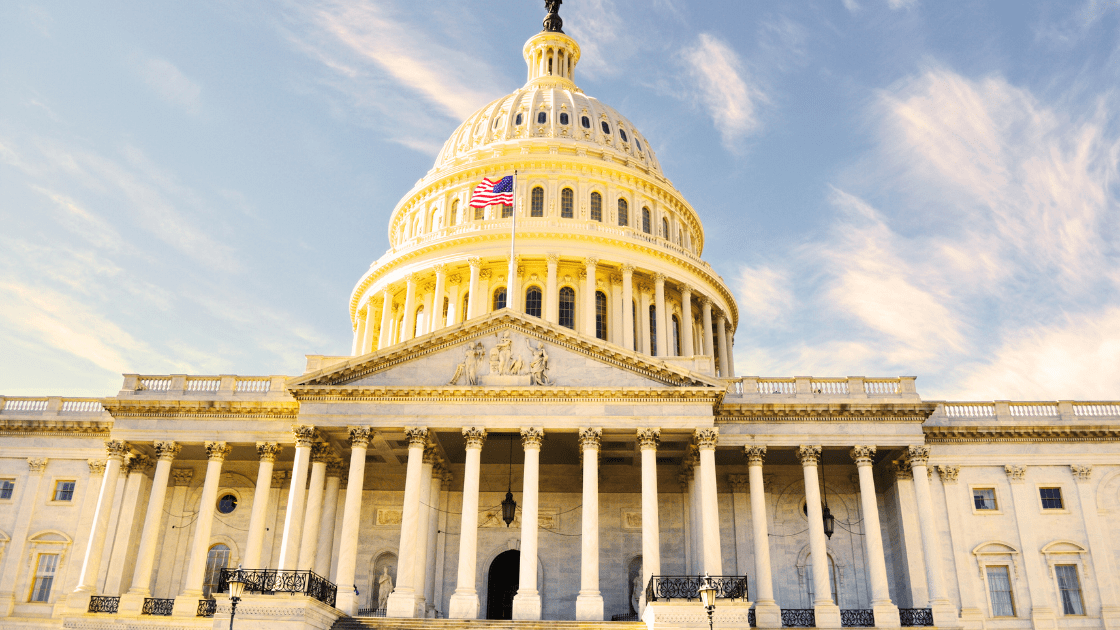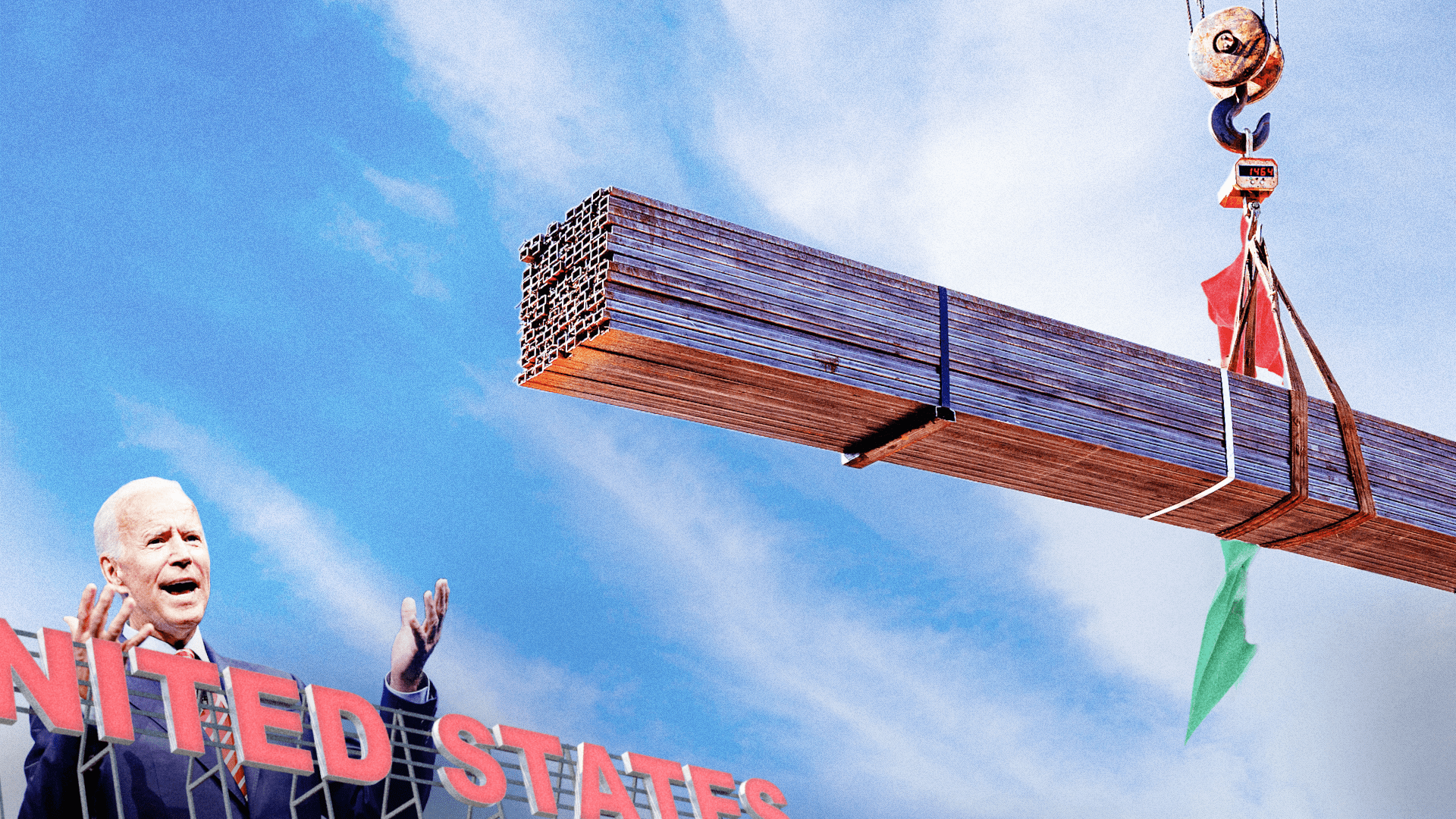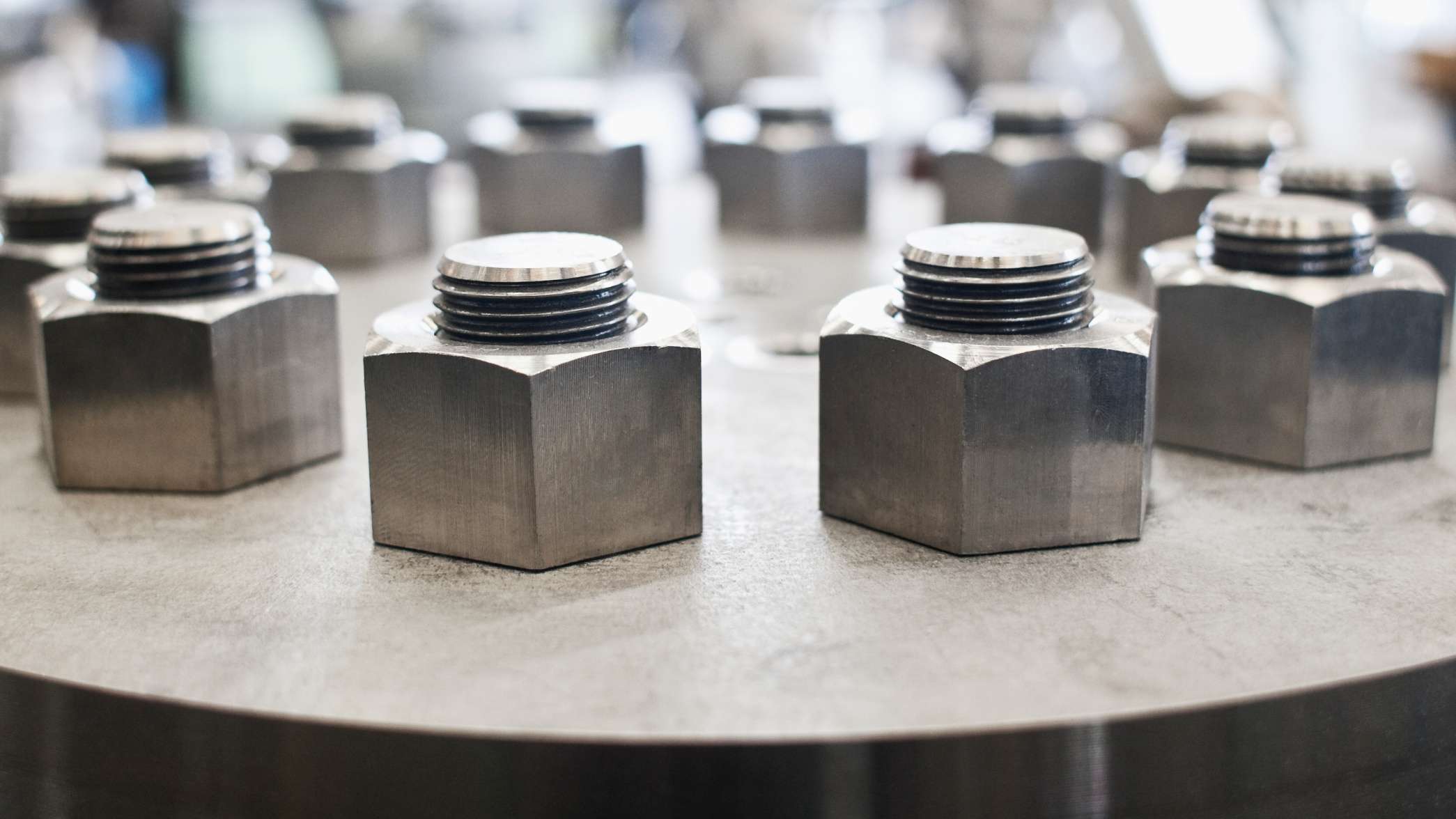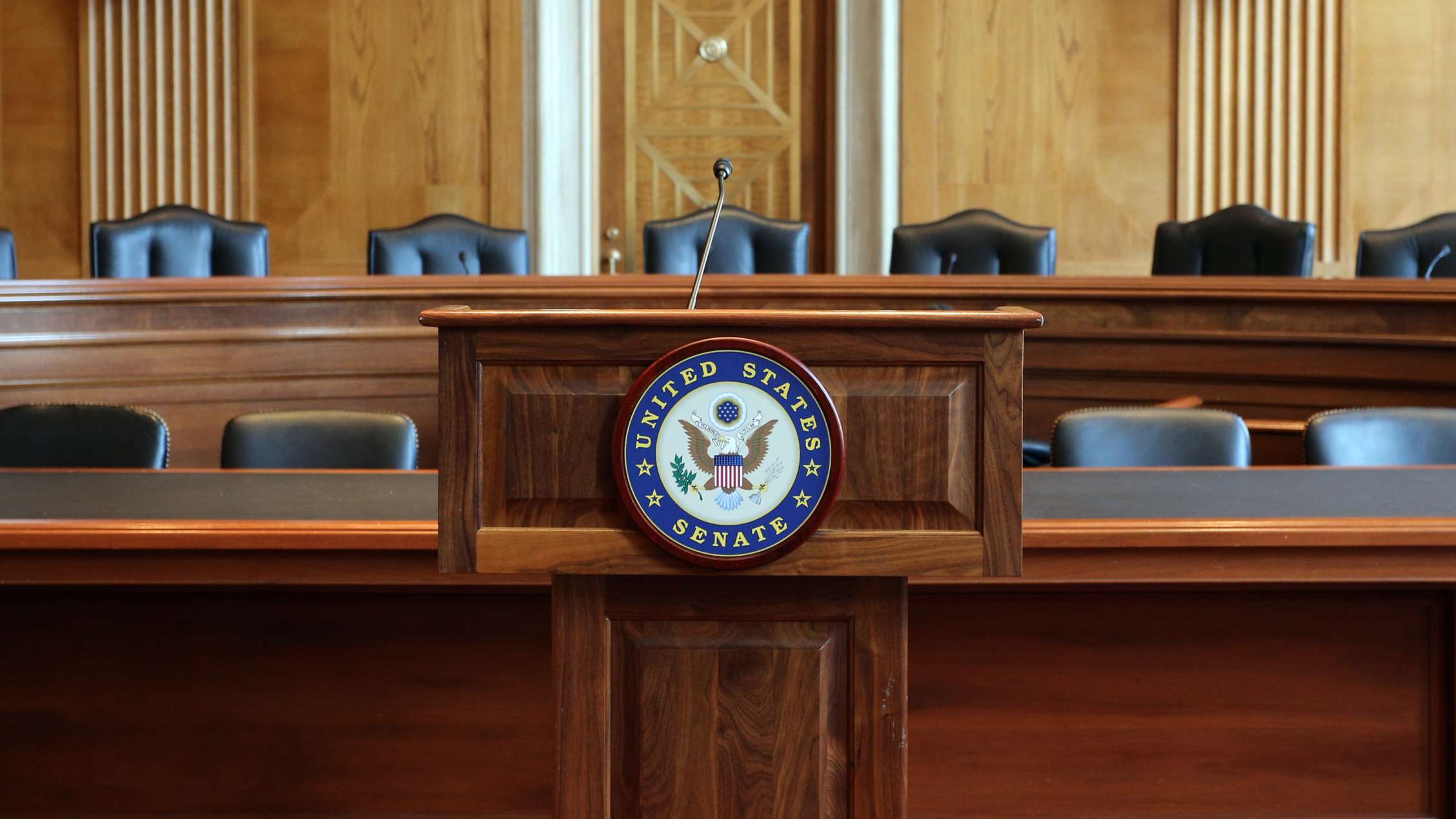
[PETER S. GOODMAN | September 28, 2016 | The New York Times]
ROTTERDAM, the Netherlands — For as long as ships have ventured across water, laborers like Patrick Duijzers have tied their fortunes to trade.
A longshoreman here at Europe’s largest port, his black Jack Daniels T-shirt, hoop earrings and copious rings give Mr. Duijzers the look of a bohemian pirate. His wages put him solidly in the Dutch middle class: He has earned enough to buy an apartment while enjoying vacations to Spain.
Lately, though, Mr. Duijzers has come to see global trade as a malevolent force. His employer — a unit of the Maersk Group, the Danish shipping conglomerate — is locked in a fiercely competitive battle with giants scattered from Dubai to South Korea.
He sees trucking companies replacing Dutch drivers with immigrants from Eastern Europe. He bids farewell to older co-workers reluctantly taking early retirement as robots capture their jobs. Over the last three decades, the ranks of his union have dwindled to about 7,000 members, from 25,000.
“More global trade is a good thing if we get a piece of the cake,” Mr. Duijzers said. “But that’s the problem. We’re not getting our piece of the cake.”
Far beyond the docks of the North Sea, such laments now resonate as the soundtrack for an increasingly vigorous rejection of free trade.
For generations, libraries full of economics textbooks have rightly promised that global trade expands national wealth by lowering the price of goods, lifting wages and amplifying growth. The powers that emerged victorious from World War II championed globalization as the antidote to future conflicts. From Asia to Europe to North America, governments of every ideological persuasion have focused on trade as their guiding economic force.
But trade comes with no assurances that the spoils will be shared equitably. Across much of the industrialized world, an outsize share of the winnings have been harvested by people with advanced degrees, stock options and the need for accountants. Ordinary laborers have borne the costs, suffering joblessness and deepening economic anxiety.
These costs have proved overwhelming in communities that depend on industry for sustenance, vastly exceeding what economists anticipated. Policy makers under the thrall of neo-liberal economic philosophy put stock in the notion that markets could be entrusted to bolster social welfare.
In doing so, they failed to plan for the trauma that has accompanied the benefits of trade. When millions of workers lost paychecks to foreign competition, they lacked government supports to cushion the blow. As a result, seething anger is upending politics from Europe to North America.
In the United States, the Republican presidential aspirant Donald J. Trump has tapped into the rage of communities reeling from factory closings, denouncing trade with China and Mexico as a mortal threat to American prosperity. The Democratic nominee, Hillary Clinton, has done an about-face, opposing an enormous free trade deal spanning the Pacific that she supported while secretary of state.
In Britain, the vote in a June referendum to abandon the European Union was in part a rebuke of the establishment, from laborers who blame trade for declining pay. Across the European Union, populist movements have gained adherents as an outraged response to globalization, imperiling the future of major trade deals, including a controversial pact with the United States and another with Canada.
“The trade policy of the European Union is paralyzed,” said the Italian minister of economic development, Carlo Calenda, during a recent interview in Rome. “This is a tragic situation.”
The anti-trade backlash, building for years, has become explosive because the global economy has arrived at a sobering period of reckoning. Years of investment manias and financial machinations that juiced the job market have lost potency, exposing longstanding downsides of trade that had previously been masked by illusive prosperity.
This tide of animosity may prove nearly impossible to reverse, given that technological disruption and economic upheaval are now at work in an era of scarcity. Today, many major nations are grappling with weak growth, tight credit and a gnawing sense that a lean future may persist indefinitely.
The worst financial crisis since the Great Depression has left banks from Europe to the United States reluctant to lend. Real estate bonanzas from Spain to Southern California gave way to a disastrous wave of foreclosures, eliminating construction jobs. China’s slowdown has diminished its appetite for raw materials, sowing unemployment from the iron ore mines of Brazil to the coal pits of Indonesia.
Trade did not cause the breakdown in economic growth. Indeed, trade has helped generate what growth remains. But the pervasive stagnation has left little cover for those set back by globalization.













